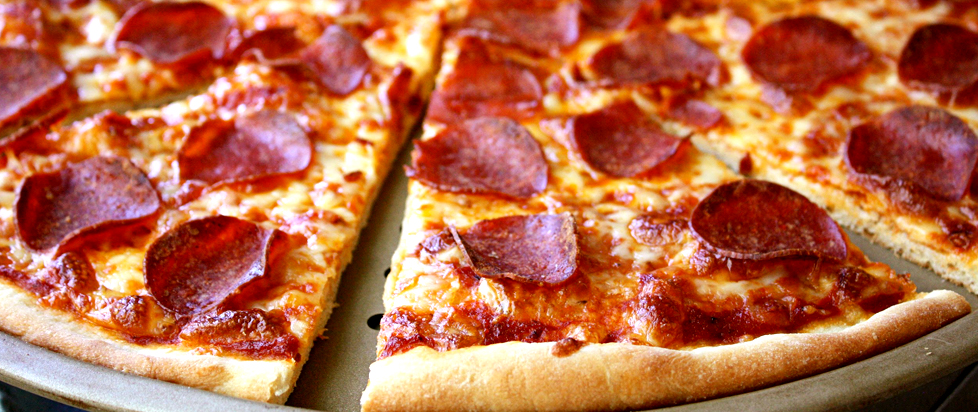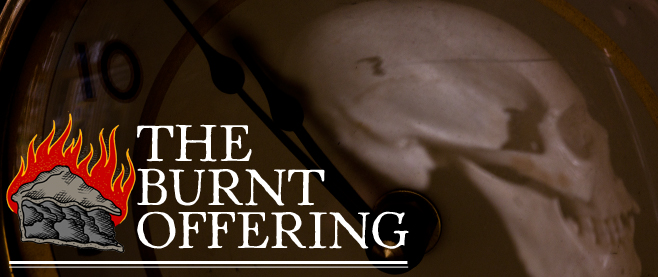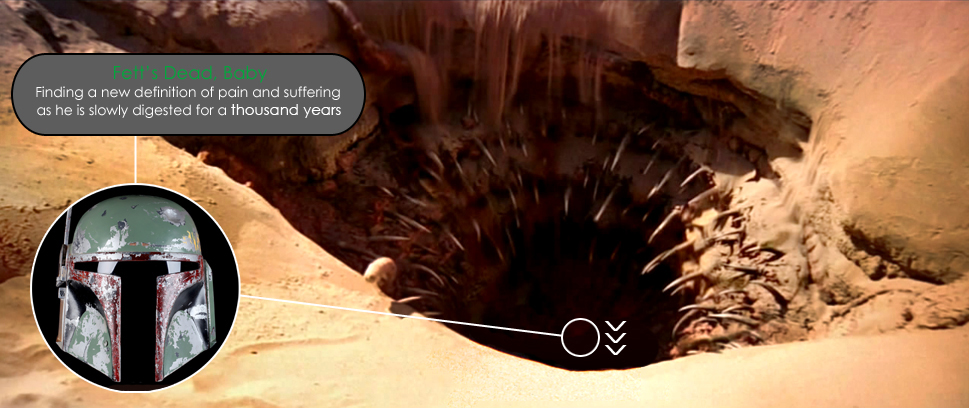
Ugly Delicious
 This column is a reprint from Unwinnable Monthly #102. If you like what you see, grab the magazine for less than ten dollars, or subscribe and get all future magazines for half price.
This column is a reprint from Unwinnable Monthly #102. If you like what you see, grab the magazine for less than ten dollars, or subscribe and get all future magazines for half price.
———
Every week, Megan Condis and a group of friends get together for Documentary Sunday, a chance to dive into the weird, the wacky, the hilarious and the heartbreaking corners of our culture. This column chronicles all of the must-watch documentary films available for streaming.
———
Are hot dogs sandwiches? This debate has been taking the food world by storm recently, with heavy hitters from Stephen Colbert and Supreme Court Justice Ruth Bader Ginsberg saying yes and the National Hot Dog and Sausage Council saying no. Megan Garber of The Atlantic even created a four-point test of sandwichness, which, she argues, proves that a hot dog is more like an offshoot of the taco family than anything else.
Yet all of these disagreements are nothing compared to the culinary wars that have been waged over what constitutes authentic pizza.
As a Midwesterner and the daughter of the manager of a local pizza restaurant, I have always known in my heart that Chicago-style pizza was where it’s at. But the first episode of the new Netflix series Ugly Delicious (Chang, 2018) barely mentions the deep dish pie that defined my own childhood, dismissing it as a mere casserole and not a real ‘za. Instead, Chef David Chang (founder of the Momofuku restaurant group and host of Season 1 of PBS’s The Mind of a Chef) focuses on Italian Neapolitan style pizza and its New York progeny.
For two types of thin-crust pizza that seem extremely similar to those of us living in flyover country, there sure is a lot of squabbling going on between these two culinary cousins. The Italians argue that, as the original creators of the dish, they get the final say in deciding what defines the dish, and their Associazione Verace Pizza Napoletana (the True Neapolitan Pizza Association) has created a list of International Regulations governing what counts as an authentic pie and which specific toppings (all native to Campania) may be used.
New York-style pizzas, on the other hand, evolved as Italian immigrants to the city re-worked the old world classic for a new audience. It has a more stable, crunchy crust and is often served sliced instead of whole. It is also host to a whole slew of possible toppings including meats and veggies that might make traditional Italian grandmothers roll over in their graves.
Folks coming out of both camps would likely wager that millions of Americans have never actually eaten a true pizza before, considering mainstream delivery services like Pizza Hut and Dominos to be little more than a mockery of the real McCoy.
And yet, it seems strange to define “pizza” in such a strict manner, considering that food culture (and culture in general) is constantly evolving. It makes little sense to keep this dish frozen in the past and to deny the validity of amazing innovations like BBQ Chicken Pizza, White Pizza or Pineapple Pizza (don’t @ me).
Ugly Delicious asks viewers to straddle the fence that separates homage from appropriation and authenticity from rigidity and inflexibility. Chef Chang does more than just take us on a tasting tour (though he does do that quite well. Warning: don’t watch this show on an empty stomach!); he also examines the histories, both personal and political, that shape food production. He also intersperses interviews with his fellow chefs and restaurateurs with a series of gorgeous animations reminiscent of his unfortunately now-defunct food ‘zine Lucky Peach. In fact, the entire series feels a bit like a magazine: a loose collection of stories coalescing around a theme but often without any single thesis to bring them together other than the simple joy of exploration.
If the show does have an argument, it is that arguments about food, while entertaining, ultimately miss the point of what makes cooking and eating such an important part of our lives. Food, according to this series, is at its best when it is bridging the gaps between people and providing an individual with a familiar vehicle with which they can tell their own story. Food is culture, and therefore it must never remain static. It must evolve alongside us, even if that means remaining open to the preposterous idea that a hot dog could be a sandwich.
———
Megan Condis is an Assistant Professor of English at Stephen F. Austin State University. Her book project, Gaming Masculinity: Trolls, Fake Geeks, and the Gendered Battle for Online Culture, is out now through University of Iowa Press.




